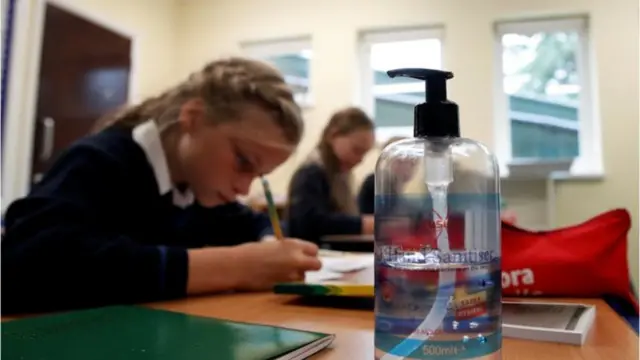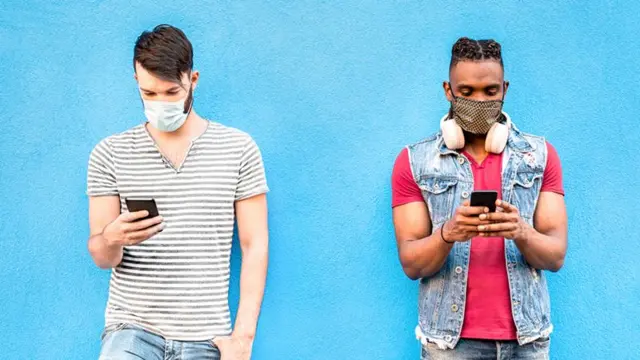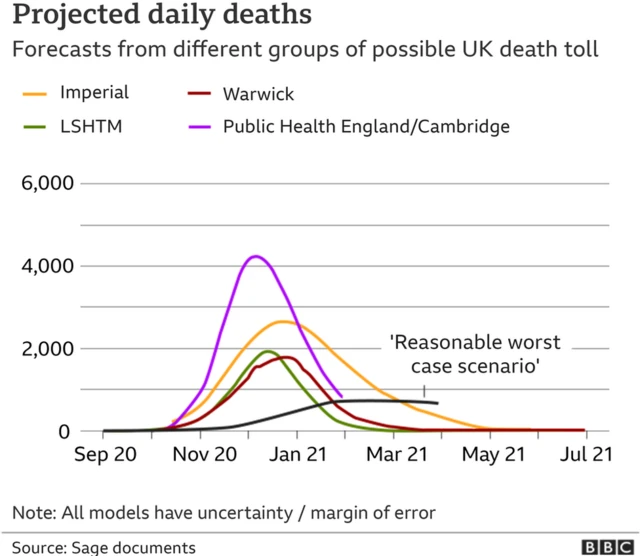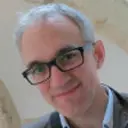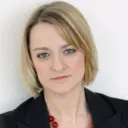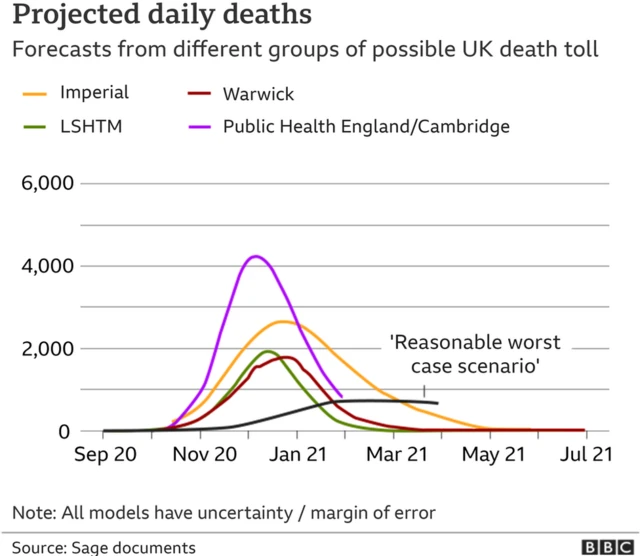What's happening in Europe?published at 18:43 GMT 31 October 2020
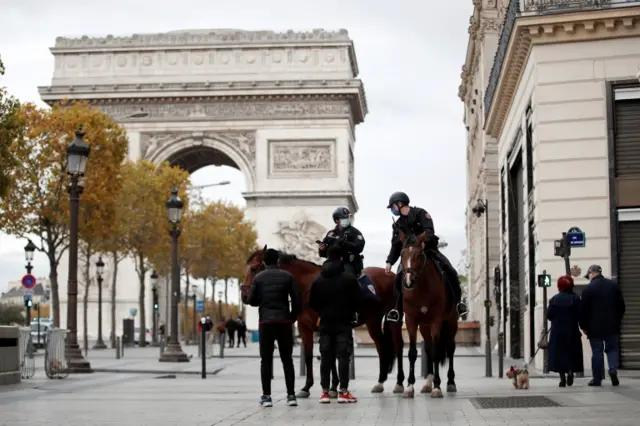 Image source, Reuters
Image source, ReutersFrance has imposed a second national lockdown
The expected lockdown comes as a number of European countries impose new measures to tackle a resurgence of the virus.
- Austria announced today it will enforce a curfew and shutdown of services. Shops, schools and kindergartens will remain open but universities and high schools will move to distance learning.A curfew between 20:00 and 06:00 will come into force and no meetings will be allowed between people from more than two households
- France imposed a nationwide lockdown on Thursday. People have been ordered to stay at home except for essential work or medical reasons. President Emmanuel Macron said the country risked being “overwhelmed by a second wave that no doubt will be harder than the first”
- Belgium has ordered non-essential shops and businesses offering personal services such has hair salons to close until the middle of December. Any gatherings in public places must be limited to a maximum of four people. Supermarkets can only sell essential goods and households are allowed just one visitor. Autumn school holidays have been extended until 15 November
- Germany has also imposed new measures but they are not as strict as other neighbouring countries. The measures which come into force on Monday include the closure of restaurants, bars, gyms and theatres
- Italy, which was at the epicentre of the first wave of the virus, has introduced new restrictions which will be in place for a month. All bars and restaurants across the country will have to close by 18:00 although they can provide takeaways later. Gyms, swimming pools, theatres and cinemas have to close but museums can remain open
